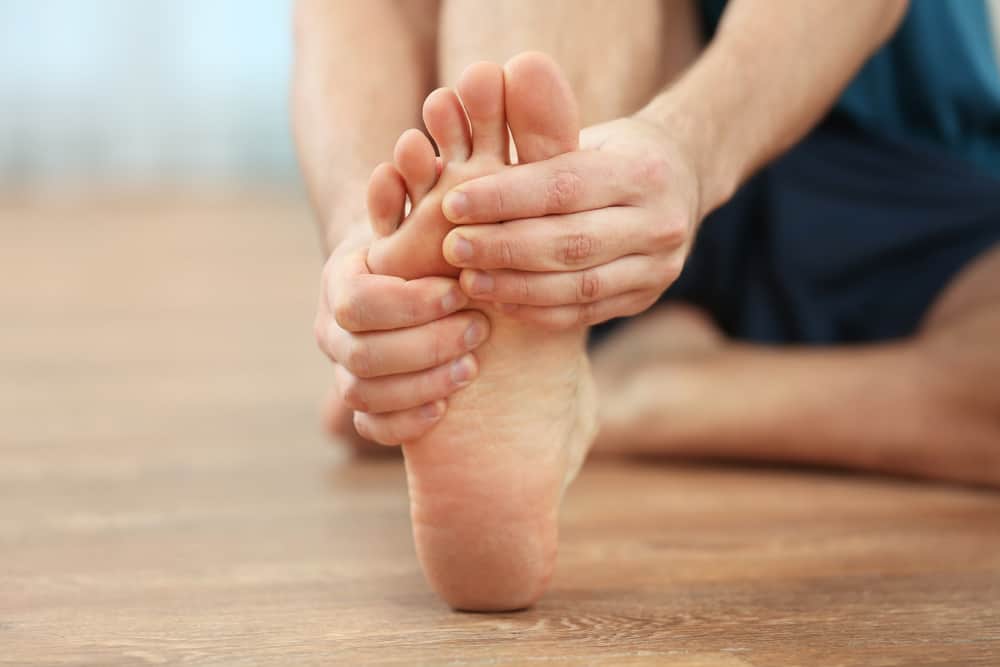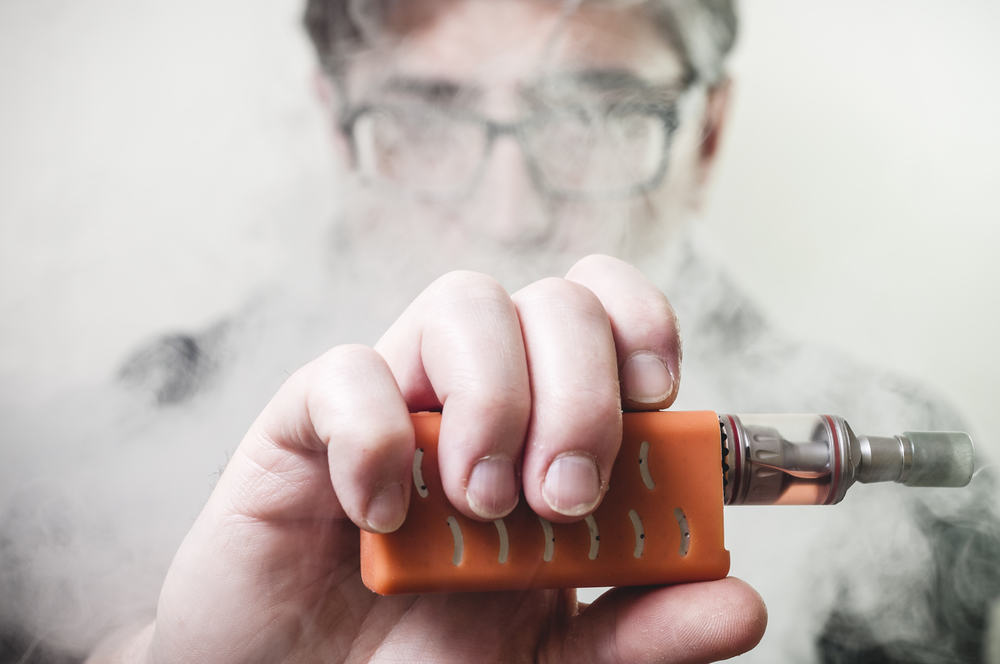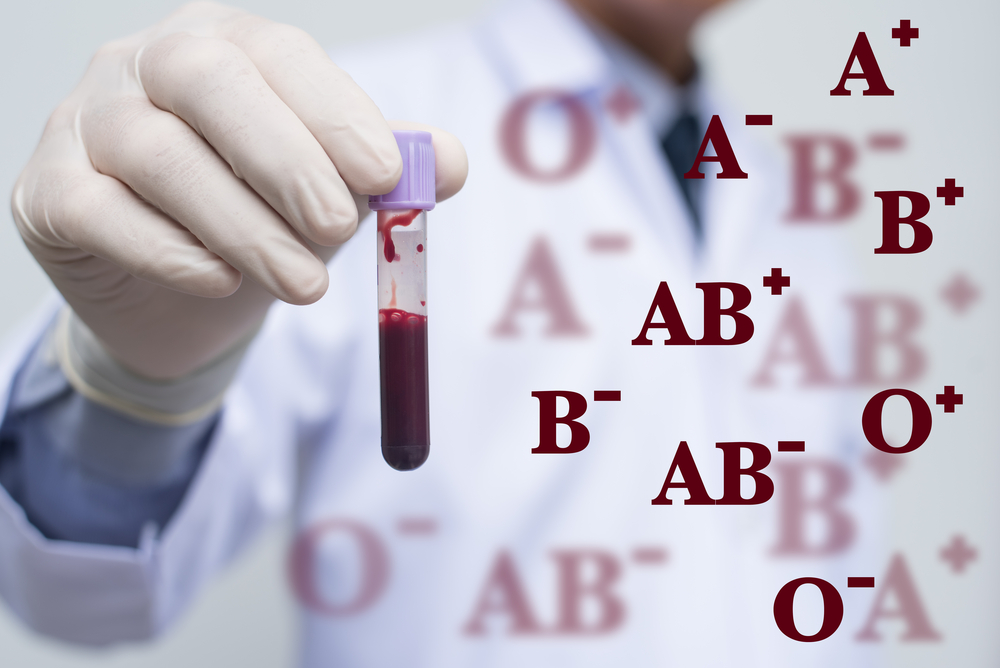Contents:
- Medical Video: 4 Major Changes in Men After Turning 50 Years Old
- Male sex problems are most often encountered with age
- 1. Erection weakens
- 2. Vulnerable to premature ejaculation
- 3. Sexual relations are reduced
Medical Video: 4 Major Changes in Men After Turning 50 Years Old
Aging does not only cause gray hair and wrinkled faces. Various bodily functions can also degenerate with age, one of which is sexual function. So, what are the most common male sex problems as you get older? Consider the following review.
Male sex problems are most often encountered with age
Male sex problems usually begin at the age of 45 to 50 years. It might even be faster when it is affected by bad lifestyles and health conditions that are owned.
1. Erection weakens
The penis can stand thanks to the work of the interconnected heart and brain. The brain translates sexual stimulation as a signal that is passed on to the heart to drain more blood to fill the penis shaft.
Aged men are often faced with problems with the penis that is less hard even though it has an erection. Actually this is normal because aging causes a collection of nerves in the penis to be less sensitive to "read" stimuli. As you get older, the body's testosterone levels can also decrease.
A less hard penis does not always mean you experience erectile dysfunction, aka impotence. However, anxiety, stress, and worries about this problem can indirectly affect the work of the aging penis muscles so that it is unable to accommodate the blood flow that collects in the penis when erect. Finally, the penis becomes sluggish quickly.
This old male sex problem can also be affected by certain health conditions, such as heart disease, diabetes, high cholesterol, and hypertension. These conditions interfere with blood circulation and nerve work, making it more difficult for men to reach and maintain an erection for a long time.
2. Vulnerable to premature ejaculation
Premature ejaculation is one of the most common male sex problems. At least 1 in 3 men have experienced it once in a lifetime. The risk of this problem can increase with age.
Reporting from Psychology Today, a study from the University of Chicago shows that around 31% of cases of premature ejaculation occur in men aged 50 years, 30% in men aged 60 years, and 50% occur in the age range 70-85 years.
There are many things that can cause premature ejaculation. Starting from psychological factors such as severe stress, anxiety, and depression, to certain health conditions such as diabetes, heart disease, prostate disorders, and hypertension that are commonly experienced by older men.
Changes in penile physiological functions related to aging can also contribute to a considerable risk of this condition. Aging penile muscles and working nerves that collect can make semen come out faster than desired.
3. Sexual relations are reduced
Issues surrounding the decline in age-related sexual function coupled with daily stress and (perhaps) you experience illness eventually "working together" reduce sexual arousal. Decreased libido coupled with physical fitness which also decreases with age and makes you less likely to have sex.
Side effects of using drugs such as blood pressure drugs, antidiabetic, and antidepressants can also reduce sex drive. These conditions can make sex less enjoyable so you might not be very interested in going up to bed.












